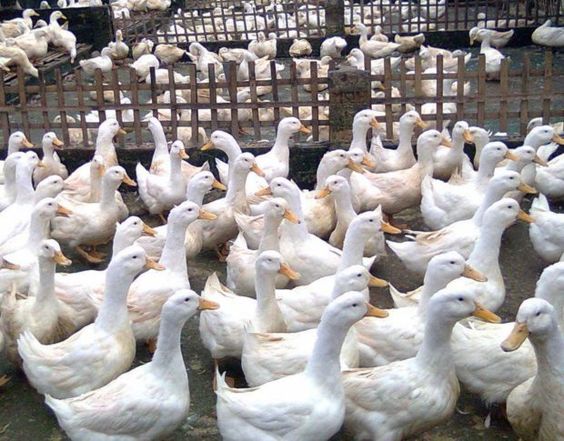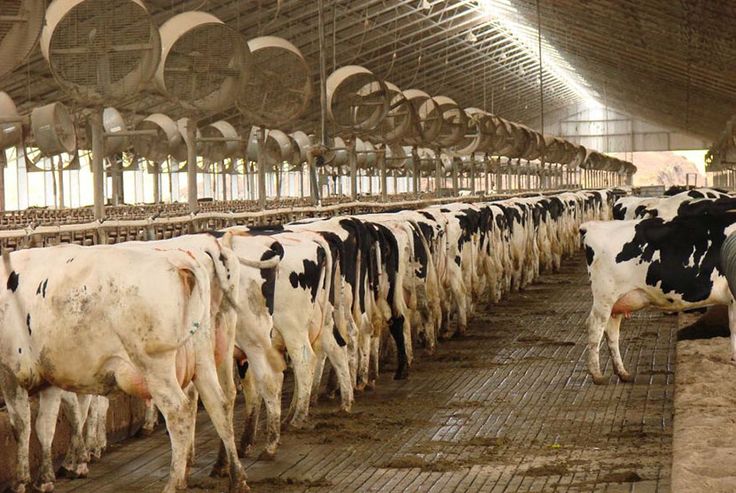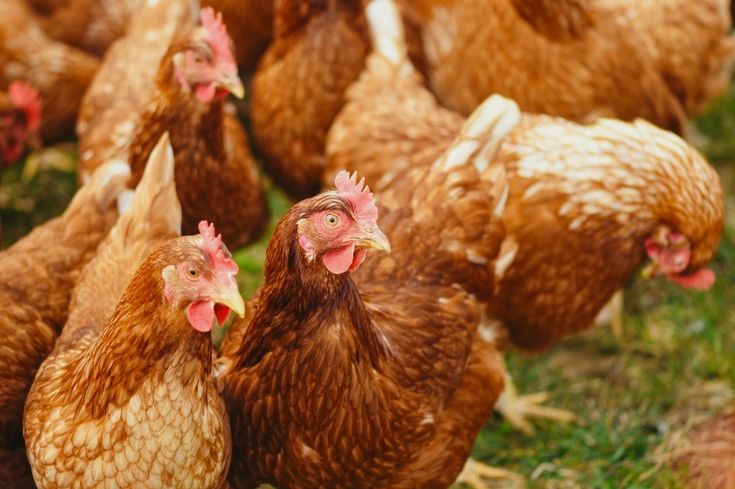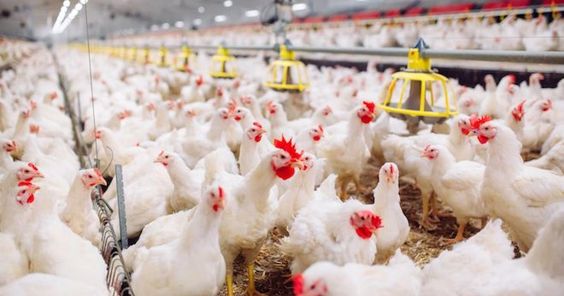Management of Goose Livestock: Comprehensive Guide for Sustainable Farming
Management of Goose Livestock is an intricate yet rewarding endeavor that has gained popularity among farmers and hobbyists. Geese, known for their hardy nature and utility, are increasingly being reared for meat, eggs, feathers, and as natural weeders. This article delves into the comprehensive management of goose livestock, highlighting its benefits, goals, ideas, topics, and advantages, providing a holistic view for aspiring and seasoned goose farmers.
Management of Goose Livestock has been practiced for centuries across various cultures and climates. Geese are versatile birds, renowned for their adaptability and resilience. They are less susceptible to diseases compared to other poultry, making them an attractive option for farmers. The primary aspects of managing goose livestock include housing, feeding, breeding, health care, and marketing.
Benefits of Goose Livestock Management
- Economic Value: Geese provide multiple revenue streams, including meat, eggs, feathers, and down. Goose meat is a delicacy in many cuisines, while goose eggs are larger and richer than chicken eggs. The feathers and down are highly valued in the textile industry for making pillows, quilts, and insulation.
- Environmental Sustainability: Geese are excellent foragers and can help control weeds and pests naturally, reducing the need for chemical pesticides. Their droppings are rich in nutrients, making them a valuable addition to compost heaps and enhancing soil fertility.
- Low Maintenance: Compared to other poultry, geese are relatively low maintenance. They require less intensive care and are hardy birds, capable of withstanding various climatic conditions.
- Cultural and Social Value: In many cultures, geese hold significant cultural value and are used in traditional festivals and ceremonies. Additionally, goose farming can be a community-building activity, fostering social interaction and cooperation among farmers.
Goals of Goose Livestock Management
- Maximize Productivity: The primary goal is to maximize the productivity of geese in terms of meat, eggs, and feathers. This involves optimizing breeding practices, ensuring proper nutrition, and maintaining health standards.
- Sustainability: Implementing sustainable farming practices that minimize environmental impact and ensure the long-term viability of goose farming operations.
- Animal Welfare: Ensuring the well-being of geese by providing suitable living conditions, adequate nutrition, and proper health care.
- Market Expansion: Developing strategies to expand the market for goose products, both locally and internationally, to increase profitability.
Ideas for Effective Goose Livestock Management
- Optimal Housing Design: Geese require spacious and well-ventilated housing to thrive. Incorporating natural light, proper insulation, and secure enclosures can enhance their living conditions. The design should allow for easy cleaning and waste management.
- Nutritional Management: A balanced diet is crucial for the health and productivity of geese. Providing a mix of grains, greens, and supplements ensures they receive all necessary nutrients. Access to clean water at all times is essential.
- Breeding Programs: Implementing controlled breeding programs can help improve the genetic quality of the flock. Selective breeding for desirable traits such as growth rate, egg production, and disease resistance can enhance overall productivity.
- Health Care Practices: Regular health check-ups and vaccinations are essential to prevent diseases. Developing a relationship with a veterinarian who specializes in poultry can provide valuable guidance on health management.
- Marketing Strategies: Effective marketing strategies can help promote goose products. Leveraging social media, participating in local farmers’ markets, and establishing partnerships with restaurants and retailers can increase visibility and sales.
Topic Suggestions for Further Exploration
- Breeding Techniques in Goose Farming: Management of Goose Livestock,Exploring advanced breeding techniques such as artificial insemination, genetic selection, and hybrid breeding to improve flock quality.
- Nutritional Needs of Geese: A detailed analysis of the dietary requirements of geese at different stages of their lifecycle, including the importance of vitamins, minerals, and supplements.
- Disease Prevention and Management: Investigating common diseases that affect geese and effective prevention and treatment methods. This can include vaccination schedules, biosecurity measures, and natural remedies.
- Sustainable Goose Farming Practices: Examining environmentally friendly farming practices that reduce the carbon footprint of goose farming, such as rotational grazing, organic feeding, and waste recycling.
- Economic Analysis of Management of Goose Livestock: Conducting a comprehensive economic analysis to understand the profitability of goose farming, including cost-benefit analysis, market trends, and investment opportunities.
- Innovations in Management of Goose Livestock Equipment: Reviewing the latest technological advancements in farming equipment that can improve efficiency and productivity, such as automated feeders, waterers, and egg incubators.
Advantages of Goose Livestock Management
- Diversification of Income: Management of Goose Livestock offers multiple income streams, reducing dependency on a single source. This diversification can provide financial stability and resilience against market fluctuations.
- High Return on Investment: Management of Goose Livestock With proper management, goose farming can yield a high return on investment. The demand for goose products, particularly in niche markets, is growing, providing lucrative opportunities for farmers.
- Enhanced Soil Fertility: Geese contribute to soil health through their droppings, which are rich in nitrogen and other nutrients. This can reduce the need for chemical fertilizers and promote sustainable agriculture.
- Natural Pest Control: Geese are natural foragers and can help control pests and weeds, reducing the need for chemical pesticides and herbicides. This can lead to healthier crops and a more balanced ecosystem.
- Cultural Significance: In many cultures, geese hold symbolic value and are used in traditional ceremonies and celebrations. This cultural significance can enhance the appeal of goose farming and create unique marketing opportunities.
Challenges and Solutions in Management of Goose Livestock
- Predation: Management of Goose Livestock are vulnerable to predators such as foxes, raccoons, and birds of prey. Installing secure fencing and providing sheltered areas can help protect the flock.
- Weather Extremes: Geese can be affected by extreme weather conditions. Ensuring proper housing with adequate insulation and ventilation can mitigate the impact of harsh weather.
- Disease Outbreaks: While geese are generally hardy, they can still be susceptible to diseases. Implementing strict biosecurity measures, regular health checks, and vaccinations can prevent outbreaks.
- Market Fluctuations: The market for goose products can be unpredictable. Diversifying products and exploring niche markets can help stabilize income and reduce vulnerability to market changes.
- Resource Management: Effective management of resources such as feed, water, and space is crucial for the success of goose farming. Implementing efficient resource management practices can optimize productivity and reduce costs.
Management of Goose Livestock is a multifaceted and rewarding venture that offers numerous benefits, from economic gains to environmental sustainability. By understanding the intricacies of goose farming, including housing, nutrition, breeding, health care, and marketing, farmers can maximize productivity and profitability. Exploring advanced breeding techniques, sustainable practices, and innovative equipment can further enhance the efficiency and success of goose farming operations. Despite the challenges, with proper planning and management, goose farming can be a profitable and sustainable agricultural practice, contributing to food security and economic development.






